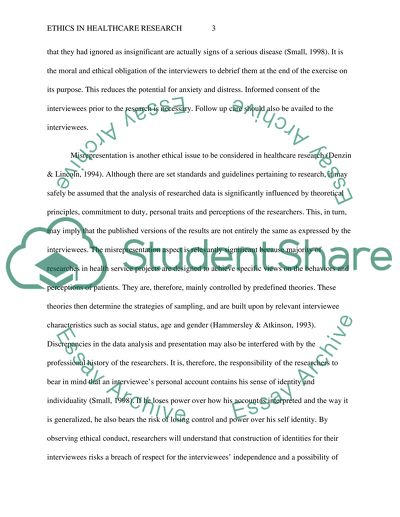Cite this document
(“Ethics in Health Care Research Essay Example | Topics and Well Written Essays - 1000 words”, n.d.)
Ethics in Health Care Research Essay Example | Topics and Well Written Essays - 1000 words. Retrieved from https://studentshare.org/health-sciences-medicine/1468188-ethics-in-health-care-research
Ethics in Health Care Research Essay Example | Topics and Well Written Essays - 1000 words. Retrieved from https://studentshare.org/health-sciences-medicine/1468188-ethics-in-health-care-research
(Ethics in Health Care Research Essay Example | Topics and Well Written Essays - 1000 Words)
Ethics in Health Care Research Essay Example | Topics and Well Written Essays - 1000 Words. https://studentshare.org/health-sciences-medicine/1468188-ethics-in-health-care-research.
Ethics in Health Care Research Essay Example | Topics and Well Written Essays - 1000 Words. https://studentshare.org/health-sciences-medicine/1468188-ethics-in-health-care-research.
“Ethics in Health Care Research Essay Example | Topics and Well Written Essays - 1000 Words”, n.d. https://studentshare.org/health-sciences-medicine/1468188-ethics-in-health-care-research.


